
As the 27th year of the Election Simulation concludes at Townsend Harris High School, it’s evident that this unique activity has far-reaching benefits that extend beyond grades. As it’s extremely valuable for Harrisites, it raises the question of why this special experience is limited only to THHS. High schools everywhere should consider introducing election simulations to their student bodies.
The impact of the election simulation at THHS is multifaceted. Within the school walls, the meticulous imitation of the electoral process transforms history classes into engaging explorations of civic participation. For example, the simulation’s currency, simbucks, which are issued to all students, and the majority of students receive 50 while a few fat cats receive 1,000, illuminating the real-world contribution guidelines for individual donors and super PACs. From there, the kickoff rally, fundraising, and candidate visits all contribute to an immersive experience that simulates real-life campaigning in a school-friendly way.
What sets schools who have this simulation apart from those that don’t, is its lasting impact.
Beyond the immediate benefits found in school, students are exposed to real-life issues and candidates, providing them with a solid foundation for navigating future elections as they prepare to vote when they turn 18. Creative engagement with candidates in classrooms and through social media is unique to the type of exposure the simulation provides. Lighthearted impersonations and humorous reels set the tone for a month of fun and learning.
After students graduate, their experiences with the election simulation can be a starting point for civic engagement. It equips students with the skills to navigate real-world politics, helping them form opinions on pressing issues that they will face for the rest of their lives. This is already evident in how students, informed by their simulation experiences, hold elected officials accountable. An article was published for instance, in early 2021, by The Classic calling for Representative Nicole Malliotakis to resign following her vote to overturn the 2020 Presidential Election. The basis of this came from the civic process that Harrisites learned about through the election simulation.
Moreover, the simulation serves as a window into down-ballot races often overlooked by mainstream media. By exposing students to the importance of local elections, it cultivates a culture of civic participation that can extend beyond national headlines.
While skeptics may argue that the simulation doesn’t accurately mirror real-life politics due to the influence of friendships, this unintentional parallel only underscores its authenticity. Studies have shown that social pressures influence voting decisions. This point actually further proves that the election simulation mirrors the complexities of the actual system, providing students with invaluable insights.
The election simulation at THHS is an important exposure to civic education that can prepare students for real-life politics. It’s time to recognize the potential of this experience to shape engaged citizens and the call for extending similar opportunities to high schools everywhere.





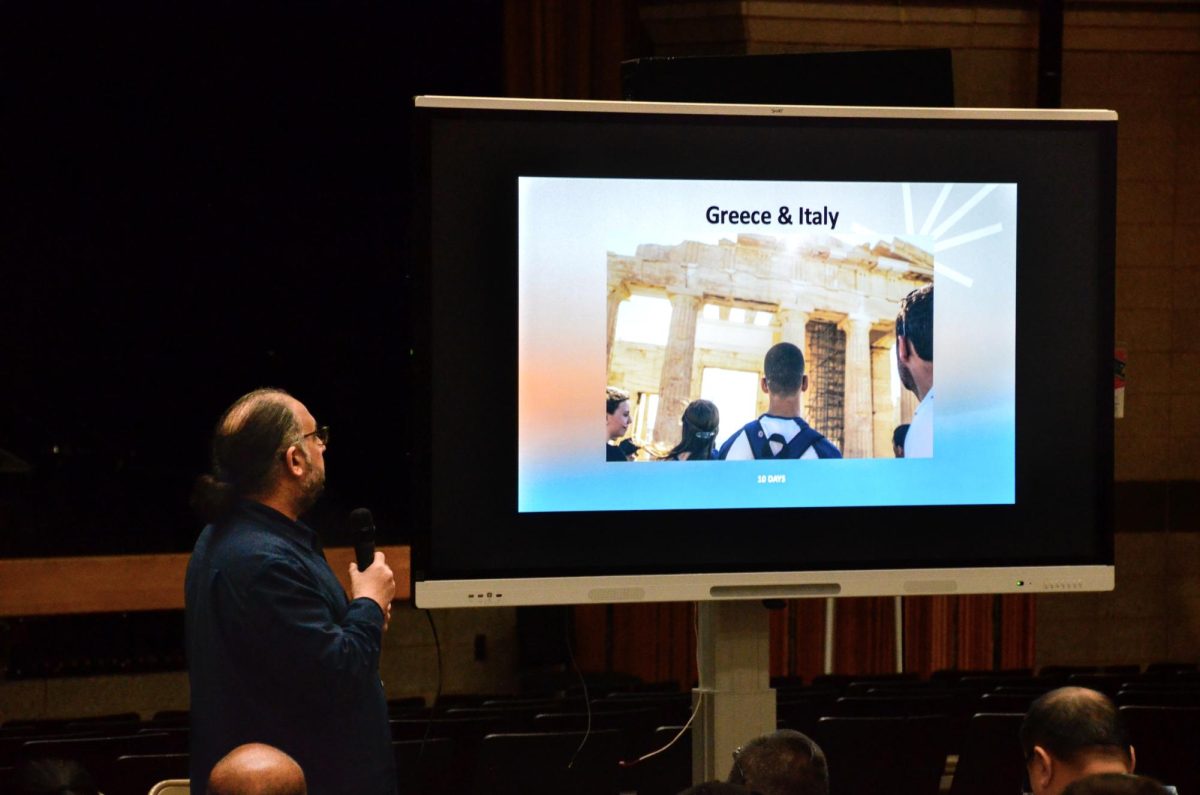









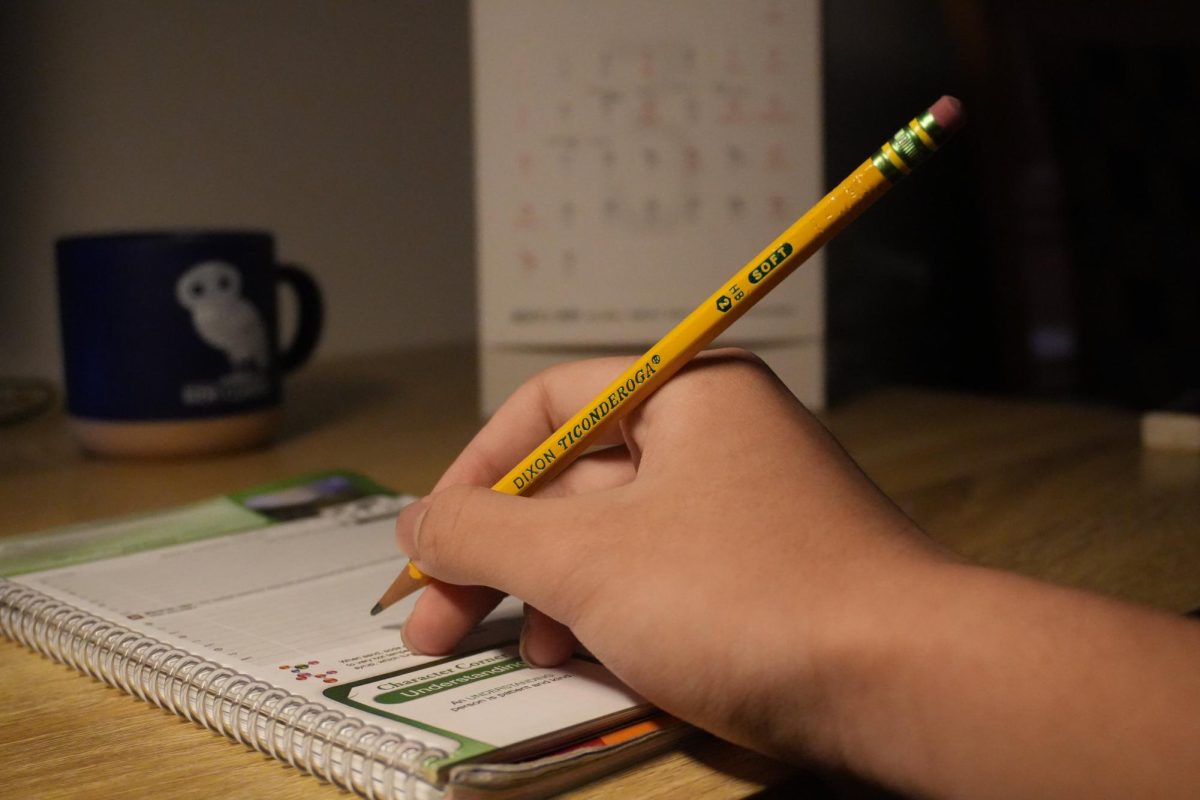




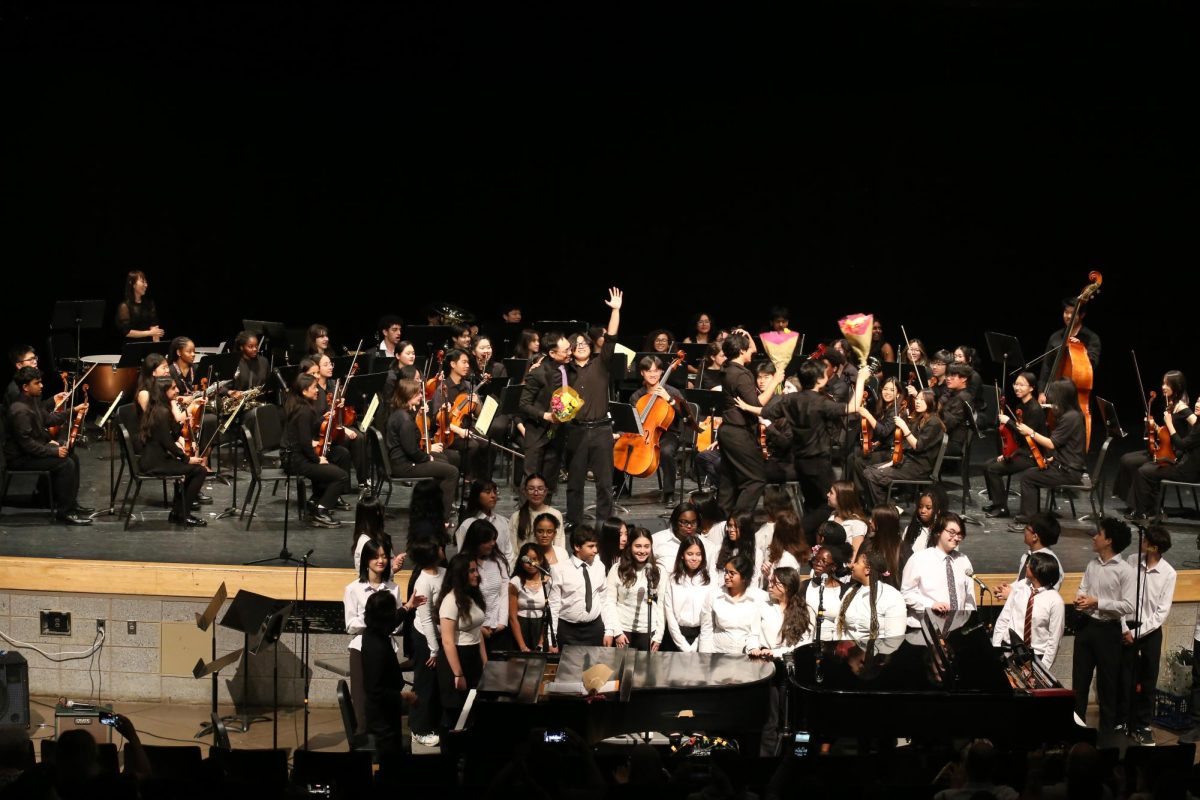





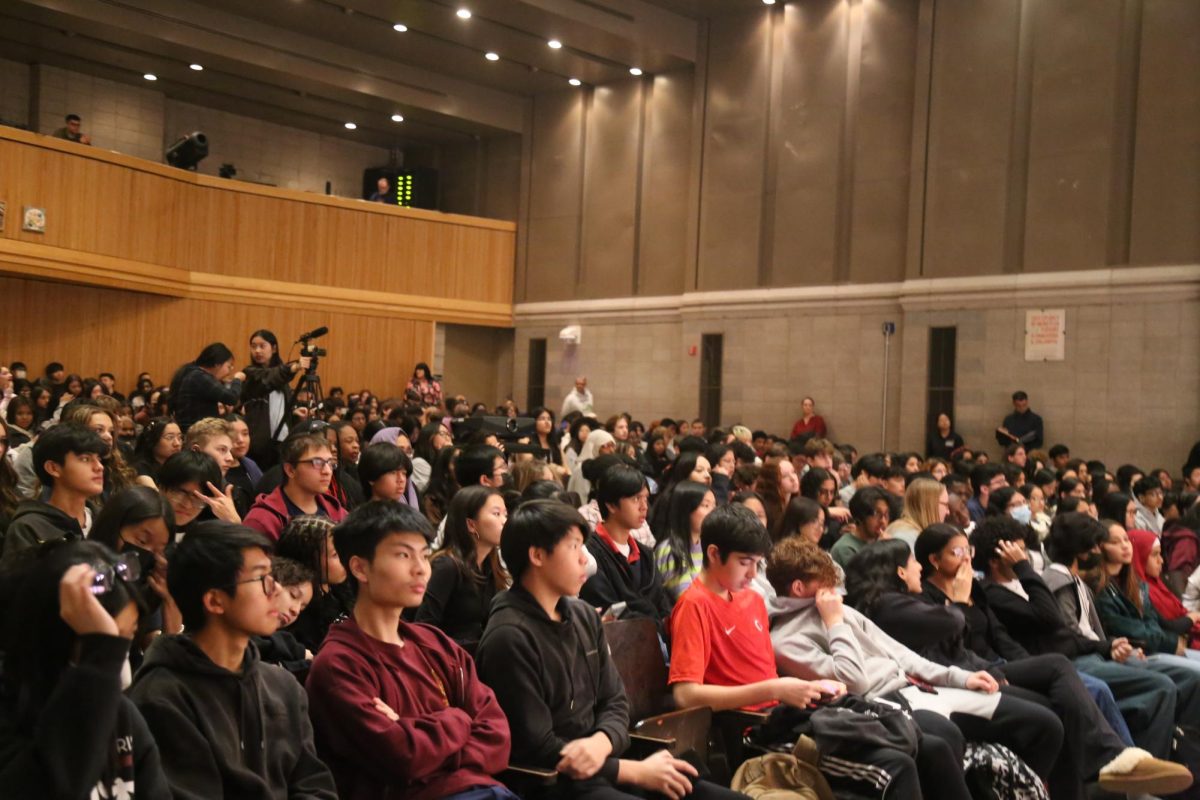

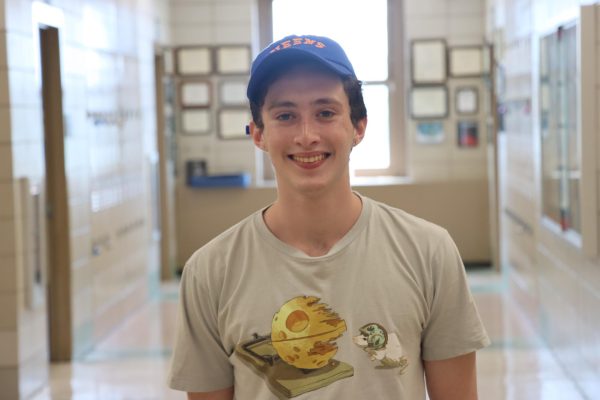
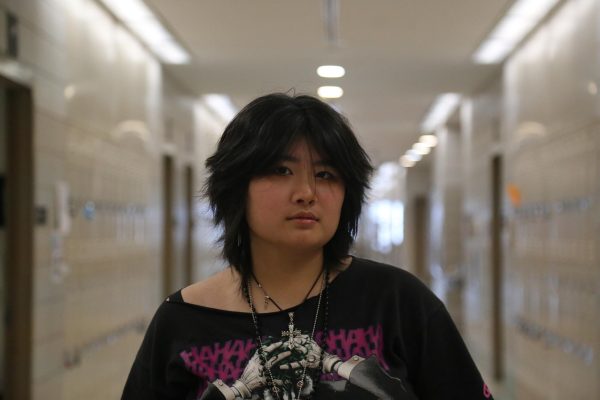
Jeremy Fernandes • Nov 9, 2023 at 10:52 am
whoa whoa whoa Why would you wanna make students from other schools suffer like this